Tag: elections to watch
-
Louisiana’s 2nd Congressional District special election to be held April 24
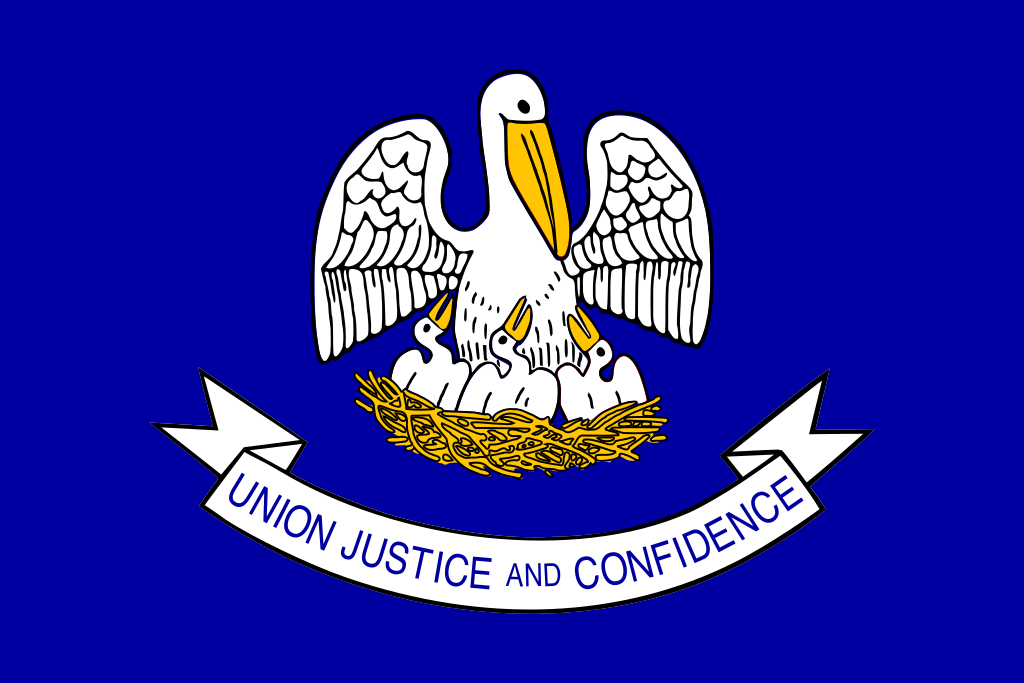
Troy Carter (D) and Karen Peterson (D) are running in a special runoff election to represent Louisiana’s 2nd Congressional District in the U.S. House on April 24, 2021. Carter and Peterson received the most votes in March 20 special primary election. They advanced to the general runoff under Louisiana’s majority-vote system, which stipulates that if no candidate receives more than 50% of the vote…
-
Early voting begins in special Congressional election in Texas

On April 19, early voting began in a special election to fill the seat representing Texas’ 6th Congressional District in the U.S. House. The special election will fill the vacancy left by Ronald Wright (R), who died from complications related to COVID-19. The election will take place on May 1, with a runoff taking place…
-
Special election primary to be held in New Hampshire House district
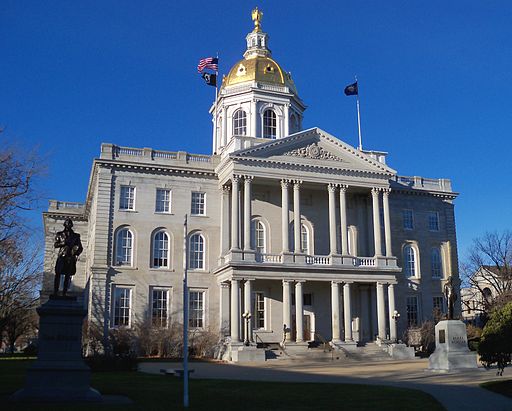
A special election primary is being held on April 20 for the Merrimack 23 District of the New Hampshire House of Representatives. Christopher Lins and John Martin are running in the Republican primary. Muriel Hall is unopposed in the Democratic primary. The general election is taking place on June 8, and the winner of this…
-
Stothert and Neary advance to the general election for mayor of Omaha
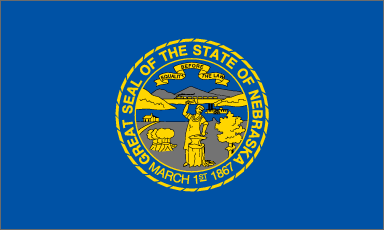
Incumbent Jean Stothert (R) and RJ Neary (D) advanced from the top-two mayoral primary in Omaha, Nebraska, held on April 6, 2021. The two will advance to the general election on May 8, 2021. According to unofficial results, Stothert received 57% of the vote followed by Neary with 16%. The remaining candidates, Jasmine Harris (D),…
-
Anchorage mayoral race remains undecided

Preliminary results from Anchorage’s April 6 mayoral election show Dave Bronson and Forrest Dunbar in the lead. As of 4:30 p.m. Alaska Time on April 7, Dunbar had 33% of the vote and Bronson had 32%. A candidate needs 45% of the vote to win election as mayor. If no candidate receives 45% of the…
-
Special election to be held in Oklahoma Senate district
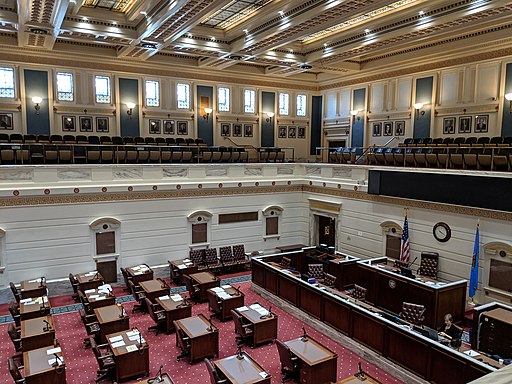
A special election is being held on April 6 for District 22 of the Oklahoma State Senate. Molly Ooten (D) and Jake Merrick (R) are running in the general election. The seat became vacant after Stephanie Bice (R) was elected to represent Oklahoma’s 5th Congressional District on Nov. 3, 2020. Bice had represented the district…
-
Wisconsin general election to be held April 6
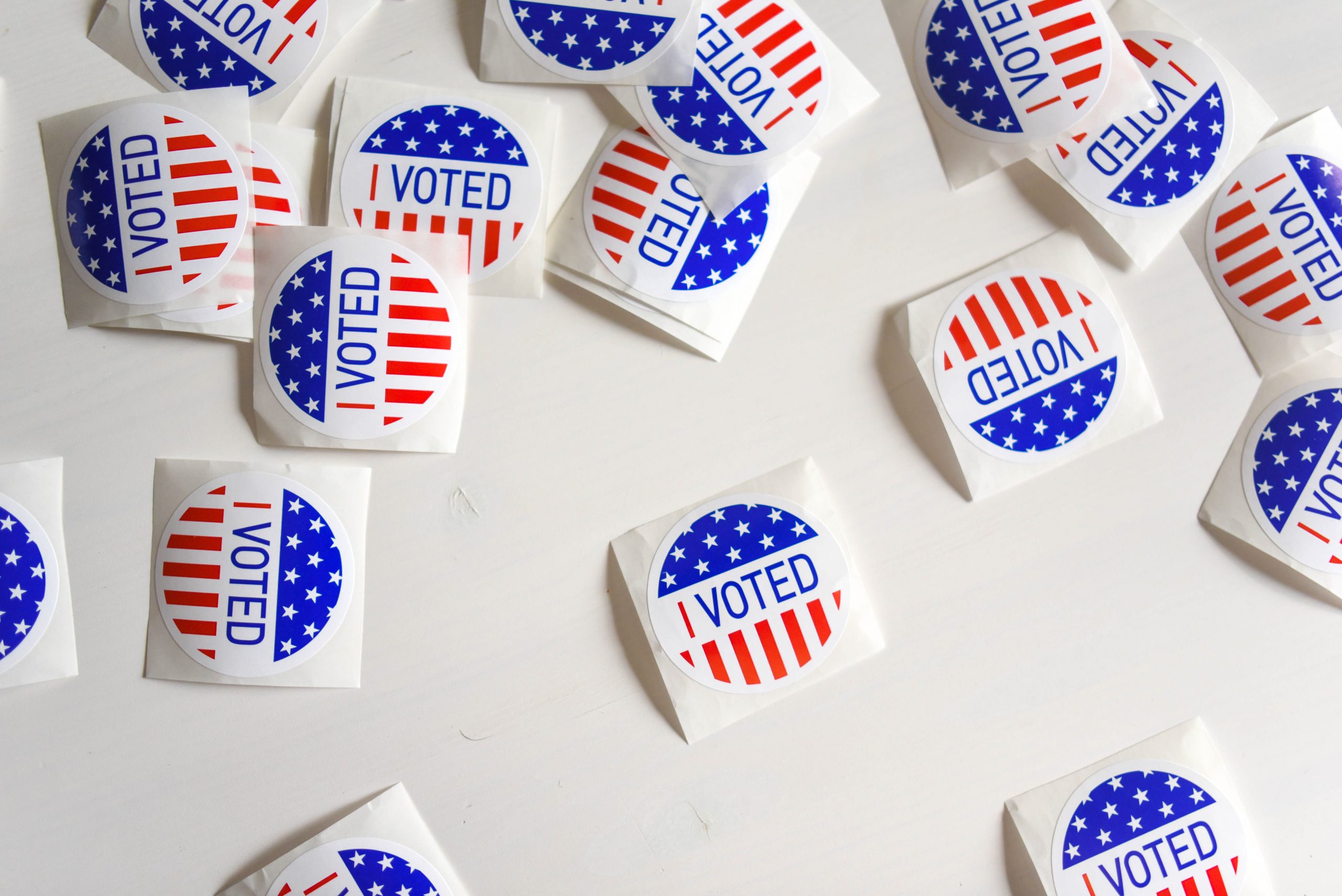
The statewide general election for Wisconsin is on April 6. The primary was held on Feb. 16, and the filing deadline to run passed on Jan. 5. Candidates are running in elections for the following offices: • Superintendent of Public Instruction • Special elections for state Senate District 13 and Assembly District 89 • Wisconsin…
-
Five candidates running in a special primary election for California Assembly District 79
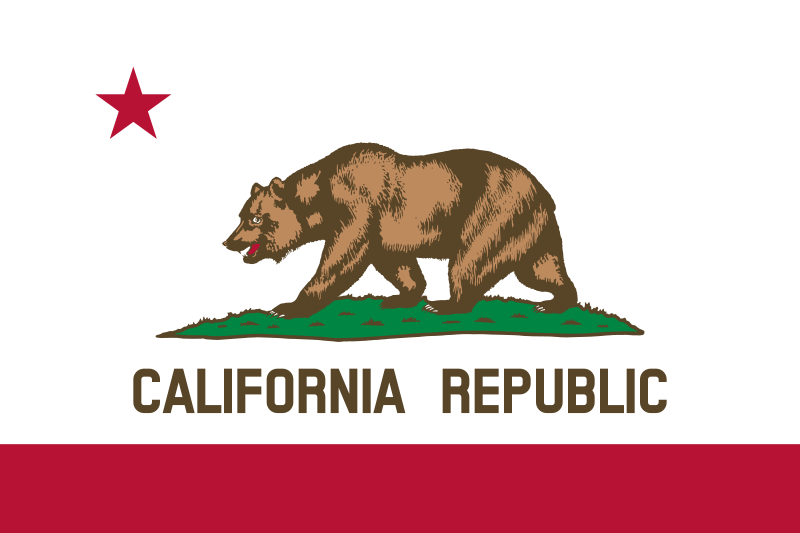
A special primary election is being held on April 6 for California Assembly District 79. Marco Contreras (R), Aeiramique Glass Blake (D), Leticia Munguia (D), Shane Parmely (D), and Akilah Weber (D) are running in the primary election. California holds top-two primary elections. The two candidates who receive the most votes in the primary will…
-
Election preview: special Louisiana elections scheduled for March 20

Louisiana is holding primary elections on March 20, 2021. A general election, if needed, is set for April 24. Louisiana elections use the majority-vote system. All candidates compete in the same primary, and a candidate can win the election outright by receiving more than 50 percent of the vote. If no candidate does, the top…
-
Filing deadline to pass for special election in Alabama House district
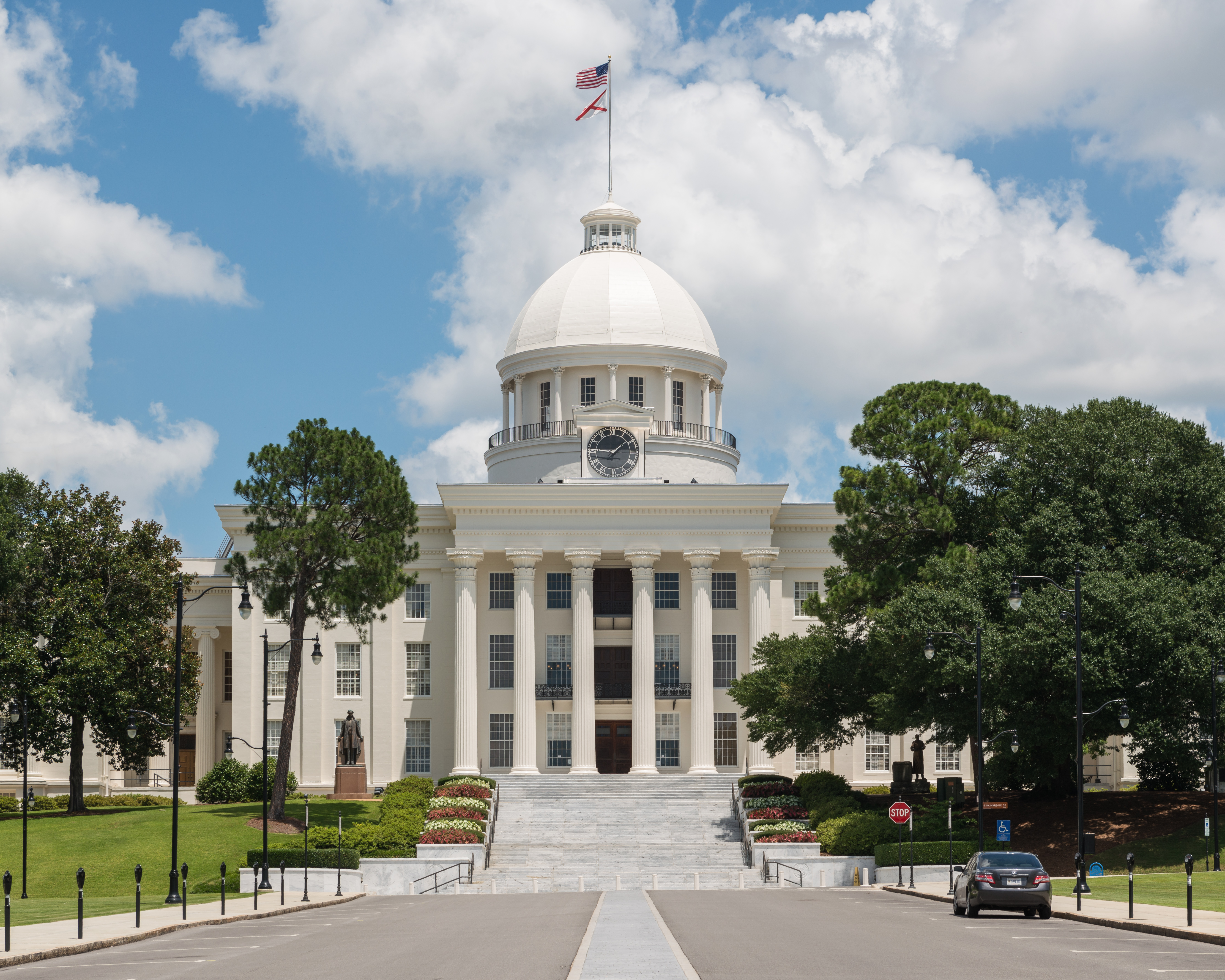
Candidates interested in running in the special election for District 78 of the Alabama House of Representatives have until March 23 to file. A primary is scheduled for May 25, 2021, and the general election is on September 7. The filing deadline for independent and minor party candidates is May 25. The special election was…

